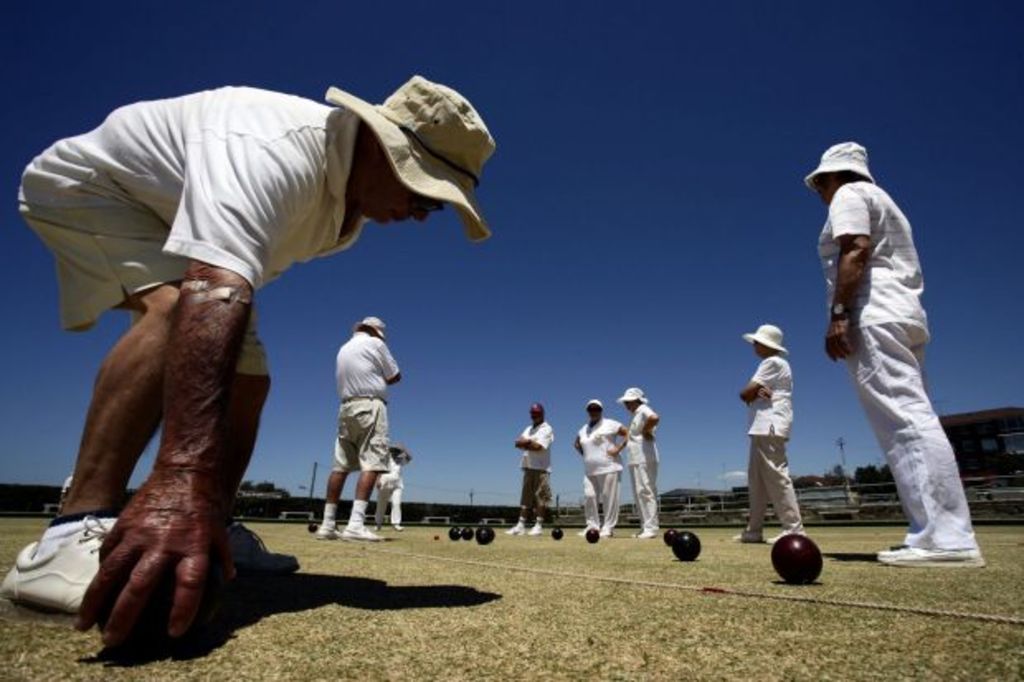Most Australian retirees will run out of money before dying

More than 60 per cent of retirees face a looming crisis of running out of money before they die, with the Turnbull government on notice to encourage older Australians to take up retirement income products.
Research from global wealth and retirement consultant Mercer shows most people only have enough savings to last 14 years beyond retirement and will, on average, outlive their savings by five years.
Mercer has iterated the income crisis as it relaunches its world-first pooled risk product LifetimePlus designed to offer a continuous income, which grows as customers age.
The product, first launched in 2014 but recently tweaked to include growth investments and more flexibility, manages longevity risk across a pool of at least 1000 lives, with options for people to exit and recoup up to 95 per cent of their funds if they don’t survive 10 years beyond retirement.
The income-based product needs about a quarter of retiree’s savings to ensure income until death and will sit alongside fixed income insurance-based annuities and deferred annuities in an otherwise sparse market for Australians looking for an adequate income above the age pension.
Mercer senior actuary David Knox said Australians were underestimating how long they will live, a problem compounded by Baby Boomers’ expected unsustainable spending habits.
“People that are in their 80s or 90s now grew up in The Depression and WWII and had an initial lifestyle that was pretty tough and learnt to live it tough,” he said.
“The Baby Boomers have had a pretty fortunate life and I think there’ll be an attitude amongst them to keep living and spending.”
Mr Knox said spending did not necessarily decrease with age because active spending on travel and lifestyle switched to medical and aged care expenses in later life so there was a need for income to grow throughout retirement.
It comes as financial service providers pressure Social Securities Minister Christian Porter to incentivise more MyRetirement products as recommended by the 2014 Murray Inquiry into the financial system.
The Actuaries Institute last week said financial service companies were keen to develop products to give retirees confidence of an assured income but were hamstrung by how such products would be treated in the means test for the age pension.
Mr Porter has said government is developing fair means-testing rules to encourage more innovative retirement income products based on consultations with the sector.
Patricia Pascuzzo, executive director of independent think tank the Committee for Sustainable Retirement Income, said she had contributed to the means testing review, urging federal government to clarify its means test for the age pension to unlock a range of products to ensure adequate retirement incomes.
“The fact is that many Australians are having a lot of difficulty in managing their longevity risk,” she said.
“We’re seeing a lot of evidence of pensioners living quite frugally because they are unsure how long they’re going to live.
“There is also one in five who are drawing down on their super at an unsustainable rate.”
She said Australians generally needed a retirement income of about 60-70 per cent of the pre-retirement earnings and superannuation trustees should be “nudging” people into appropriate income solutions.
“You’ve got more and more people who aren’t living with the peace of mind in retirement that they could have if they were given better support in the lead up and during retirement,” she said.
“This highlights the importance of making the most efficient use of their super balance and all their assets, including their house, in retirement given that many are not going to be self-sufficient and still reliant on the aged pension.”
We recommend
We thought you might like
States
Capital Cities
Capital Cities - Rentals
Popular Areas
Allhomes
More






